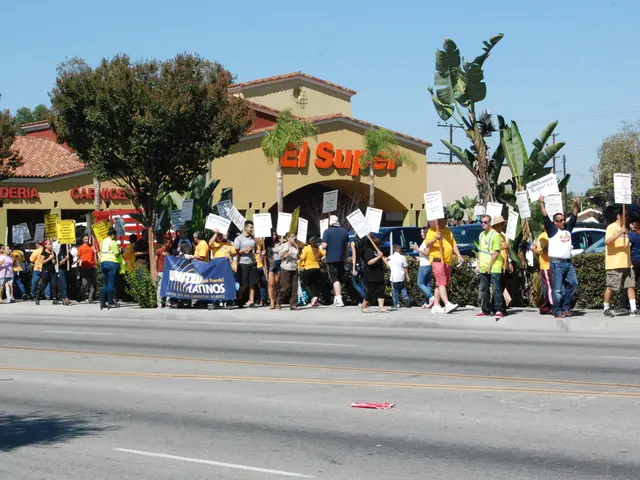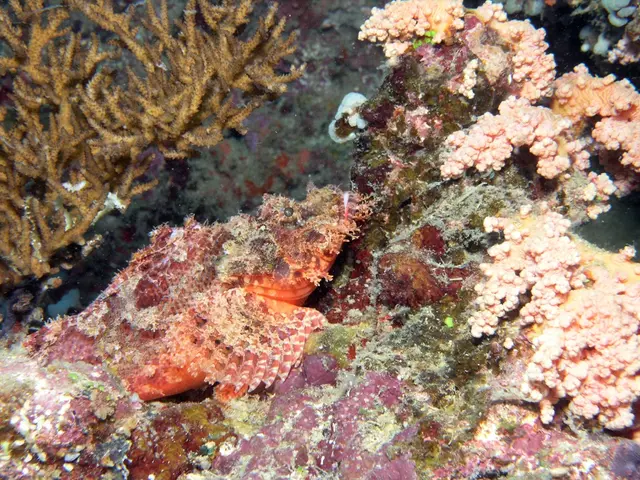Launch of Sustainable Entertainment Alliance's Guidance for Tracking Production Emission Rates, backed by Bafta Albert
The BAFTA albert guide, a collaboration between the Sustainable Entertainment Alliance (SEA) and the UK screen industry's environmental sustainability organisation, Bafta Albert, is set to revolutionise the way international productions manage and report their carbon emissions.
This innovative guide, aligning with the Greenhouse Gas (GHG) Protocol, provides clear definitions of Scope 1, 2, and 3 emissions, helping productions understand the different categories of emissions and assign responsibility accordingly.
Scope 1 emissions are direct emissions from sources owned or controlled by the production, such as fuel combustion on set. Scope 2 emissions, on the other hand, are indirect emissions from purchased electricity, steam, heating, or cooling used by the production. Scope 3 emissions encompass other indirect emissions from activities up and down the value chain, including travel and supply chain emissions.
By establishing standards for emissions tracking and reporting, the guide ensures that data can be collected uniformly across productions and companies, enabling meaningful comparison and benchmarking. This consistency is crucial for accurate reporting and reducing emissions effectively.
The guide also offers practical advice on creating a Greenhouse Gas Declaration, an inventory and clear record of emissions, compatible with reporting and tracking tools such as the BAFTA albert Toolkit and US platforms like PEACH and PEAR. This support for growing reporting requirements imposed by broadcasters, studios, and regulators is invaluable for productions aiming to meet these demands more effectively.
Crucially, the guide is science-backed and verified by ICF International to meet global reporting standards, fostering transparency and helping productions reduce their carbon footprint systematically across all scopes.
In summary, the BAFTA albert guide offers the international production community a standardised, comprehensive framework to define, monitor, and document their carbon emissions accurately and consistently, aiding sustainable production efforts and industry-wide emissions reductions.
Read also:
- Testing the Camp Mode of the 2025 Tesla Model Y with Juniper's interior housing two kids, shockingly low CO2 levels were discovered.
- Presidential Candidate Accused of Hiring Private Spies to Surveil Campaign Rival's Aides
- Unusual Duck-Billed Dinosaur Unearthed in Mexico
- Government Announcements on selected topics (June 11th, 2025)








